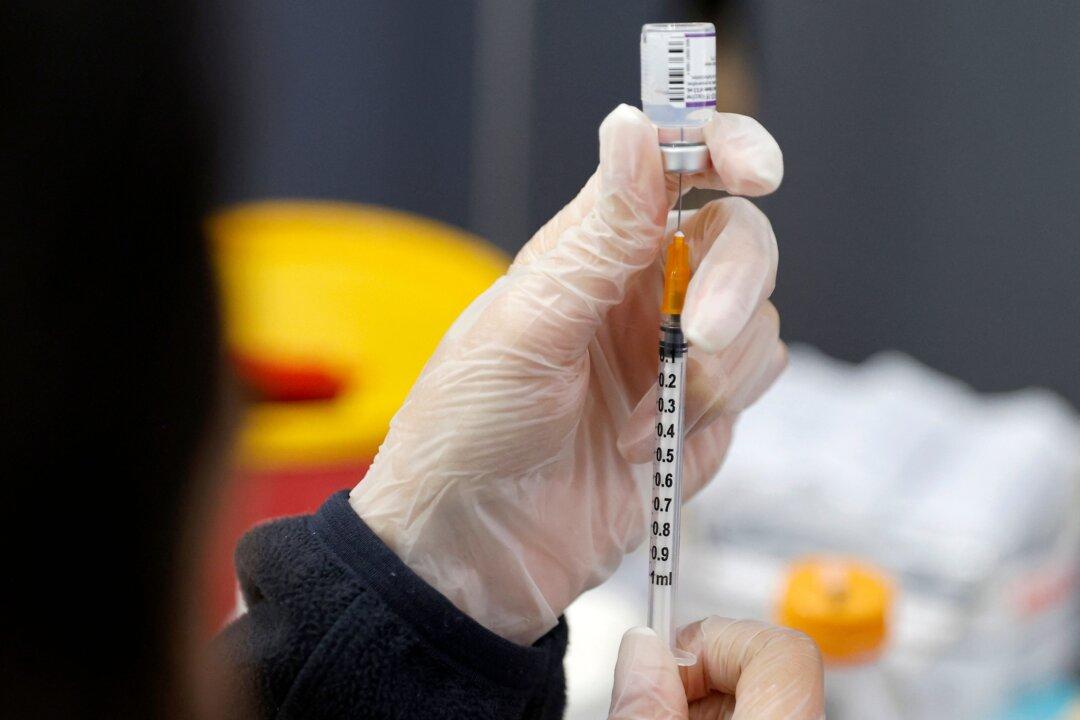The head of the Food and Drug Administration’s (FDA) vaccine division suggested that it may be time to move on from using mRNA COVID-19 vaccines.
The two most commonly used vaccines—made by Pfizer and Moderna—use mRNA technology. Johnson & Johnson’s vaccine uses an adenovirus and Novavax’s shot, the most recently approved vaccine for COVID-19 in the United States, is protein-based and most similar to the common childhood vaccines.





